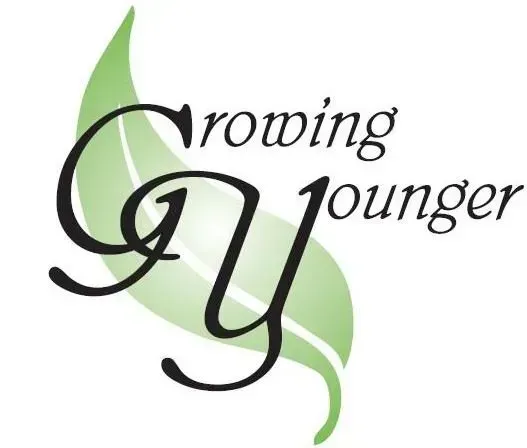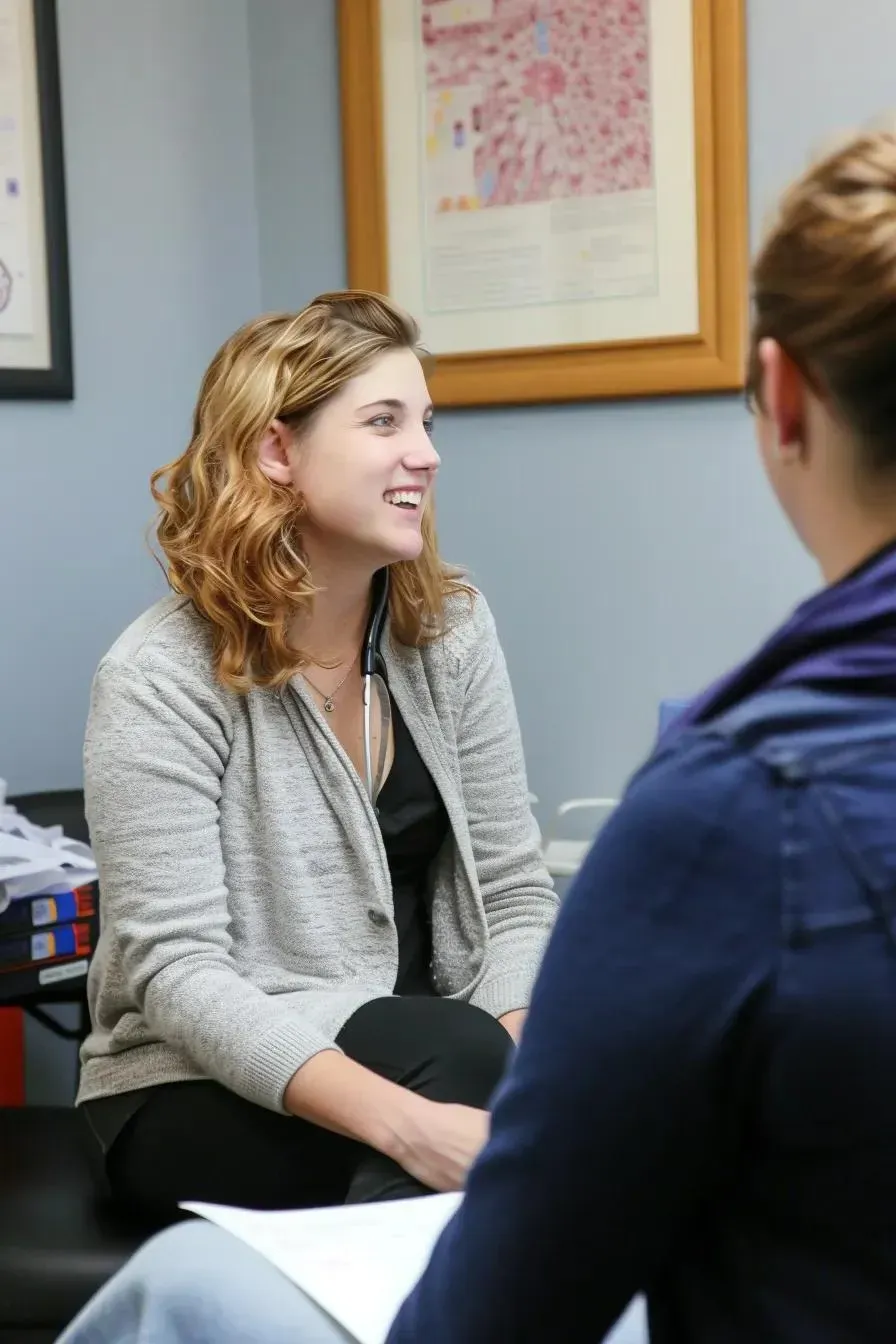Blog

More people are choosing medically supervised weight loss because it blends clinical oversight with real-world lifestyle support. Below, we explain what medical weight loss is, why doctor supervision matters, and how a plan tailored to you improves outcomes. At the Growing Younger Clinic in Madison, AL, our programs are built to help you lose weight safely and keep it off — using proven methods, medications when appropriate, and ongoing support. This guide walks through clinical components, the role of GLP-1 medications like Semaglutide and Tirzepatide, and additional options we offer to help you reach healthier, lasting results.











